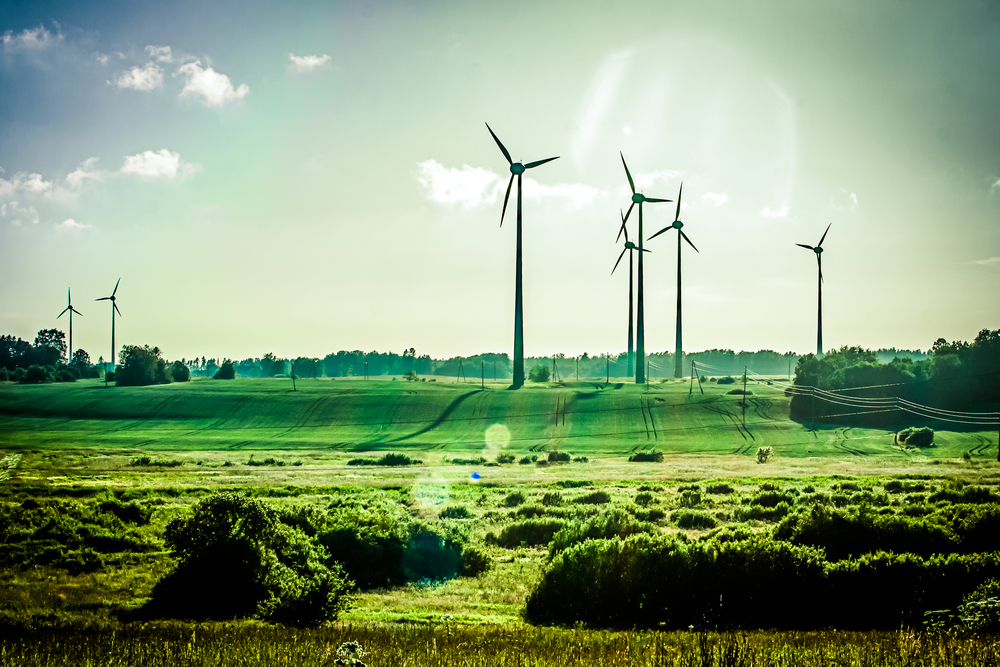Being quite a keen cyclist I want to talk to you about natural cycles – no, not about biking around the countryside but how substances and elements are moved around in nature.
If you research how long the planet has been in existence you will come up with a figure of 4 billon years, give or take a few million. Yet, even after all this time, substances on which nature relies to exist have not been consumed. This seems a little odd, when you think about it – 4 billon years is a very long time. But it’s because Earth is essentially a closed-loop system: very little gets in and very little escapes, so substances such as water and elements such as carbon and nitrogen are constantly being cycled – moving from one part of the planet to another.
Knowledge of natural cycles is essential for a good understanding of many environmental impacts as, in many cases, it is when a natural cycle is altered by humans that environmental problems arise. The NEBOSH Diploma in Environmental Management Element 1 covers four essential cycles: carbon, nitrogen, phosphorous. Some kinds of human intervention in these cycles can lead to significant environmental problems – for example, when we burn or dispose of something it doesn’t just disappear, it goes to a different part of the relevant cycle, where it can sometimes have serious environmental impacts.
Take, for example, climate change. This results from an excess of carbon dioxide and other greenhouse gases in the atmosphere. Human inputs of greenhouse gases to the air include the burning of fossil fuels or biomass. So, if coal is burnt, it doesn’t just disappear into the ether, it moves on to the next part in the cycle – the air. This would be acceptable if it had no environmental impact, but an increase in greenhouse-gas levels leads to more heat being trapped in the Earth’s atmosphere, and thus climate change.
Essentially, the Earth is struggling to take greenhouse gases out of the atmosphere at the rate required to ensure that it does not alter the climate. Changes in the way land is used are making things worse: deforestation of large areas, for example, means more carbon dioxide in the air because there are fewer trees and plants to remove it, via photosynthesis.
But it is not just the air where natural cycles and pollution closely link. A serious pollution problem associated with nitrogen is nutrient enrichment, or eutrophication. This can result from the run-off from slurry and artificial fertilisers, which contain relatively large quantities of nitrogen, into water courses. Nitrogen is basically plant food and makes algae and other plants grow in much greater quantities than they would normally, causing problems such as deoxygenation and blocking light. In this case there is an excess of nitrogen in the water, which takes a long time to clear through natural means, meaning it is available as a food to the algae. Essentially, it is an imbalance of nitrogen levels in the river from run off from the land (the previous part of the cycle).
Alteration of natural cycles is not just about having too much of an element in one part of the cycle – it can also cause problems when too much of substance is taken from one part. In the water cycle, for example, if groundwater is taken by people at a faster rate than it can be replenished by rain, etc. this will eventually result in there being no water left for others. Rivers and streams will reduce in volume and possibly even dry up. This will have a significant effect on plants and animals that live in and around the river, or depend on it for food or shelter.
The reason why this occurs is that groundwater and rivers are connected (known as hydrological connectivity). When the water table is at the surface, the resulting surface groundwater will form a spring, which feeds a stream, river, etc. So that’s why taking too much water from one part of the water cycle means that the next linked part of the cycle is affected as well.
Think about that the next time you are cycling around the countryside, perhaps along the banks of a river or stream, or past a flourishing field, or sheep-filled meadow!

John Binns BSc (Hons), MSc, MSc, MIEMA
With over 15 years’ experience working in environment management, John Binns BSc (Hons) MSc MIEMA is an experienced environmental tutor and consultant with knowledge of health and safety management.
